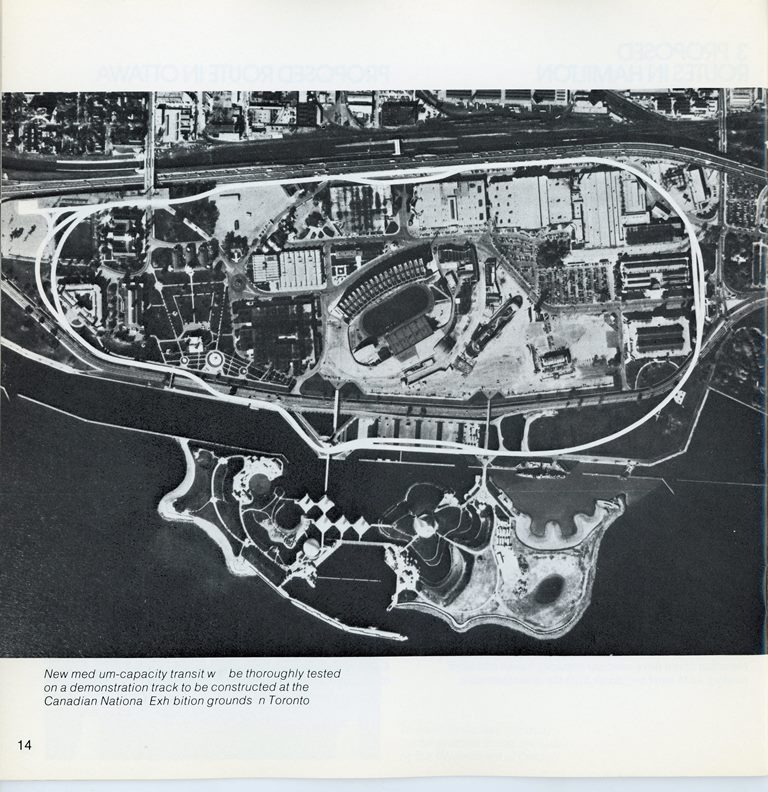Sure, if you didn't actually read the comment that I made.
It's not looking for problems in train on tracks technology - it's looking for problems in trains on tracks run by the TTC. If, for example, a traction motor came loose and fell off a vehicle during its trip, it wouldn't mean that I would expect this to happen on every train in the whole of creation, but it would mean that I would expect a thorough investigation into the TTC's maintenance practices, because traction motors falling off a vehicle is a non standard occurrence.
Similarly, trains ripping themselves apart and derailing is also a non standard occurrence. So if it does happen, as it has here, I expect to know why this happened.








